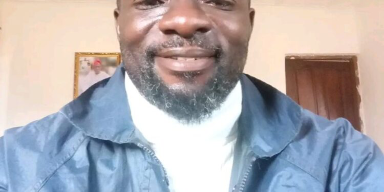Politics
Taiwan’s political divisions weaken defence stance as Trump returns
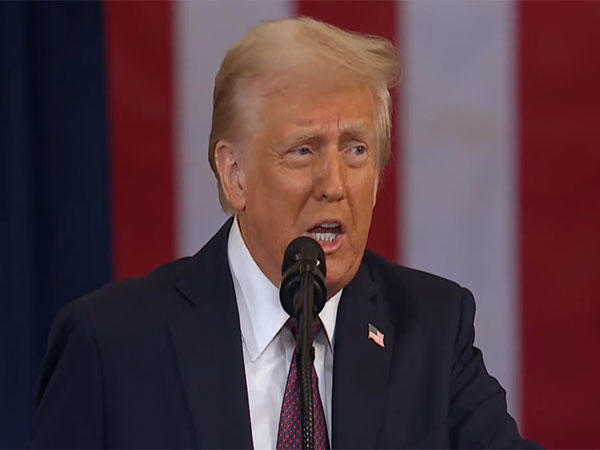
Taipei [Taiwan], January 25 (ANI): Taiwan‘s parliament has voted to freeze billions in defence spending just hours after Donald Trump‘s inauguration, raising concerns about the island’s preparedness against China‘s mounting threats, CNN reported.
The move, backed by the opposition, comes at a time when Taiwan is navigating strained relations with the United States under Trump‘s transactional approach to foreign policy. Critics warn that this decision could jeopardise Taiwan‘s military reformsand send negative signals to Washington.
Taiwan, a major semiconductor producer and democratically governed territory, faces constant threats from China, which claims the island as part of its territory. Despite never having governed Taiwan, Beijing continues to vow reunification, by force if necessary. The United States has been Taiwan‘s main arms supplier and strategic partner, but Trump‘s “America First” policy has heightened fears about whether Washington will continue its support without greater financial contributions from Taipei.
The opposition-led vote to block funding comes as Taiwan‘s President Lai Ching-te struggles with a parliament dominated by opposition forces. Critics argue that this budget freeze could weaken Taiwan‘s Defence capabilities and damage its credibility with the US “If there is not enough budget to consistently improve Taiwan‘s defence reforms and capabilities, the international community will doubt Taiwan‘s determination to defend ourselves,” Lai said in a Facebook post. The frozen funds impact key projects, including the development of indigenous submarines and drones.
Taiwan‘s Premier Cho Jung-tai strongly condemned the opposition’s actions, calling them “suicidal” and warning that they send “the wrong signal to the United States.” Defence Minister Wellington Koo echoed these concerns, emphasising that the freeze could undermine Taiwan‘s military modernisation efforts. Trump, known for his criticism of Taiwan‘s defence spending, previously called for the island to increase its defence allocation to 10 per cent of GDP – a fourfold increase from its current levels.
Taiwan‘s defence spending has faced scrutiny even before Trump‘s return. A backlog of more than USD 20 billion in undelivered US military equipment has hampered Taiwan‘s modernisation efforts. Concerns have also been raised about Taiwan‘s reliance on asymmetric warfare strategies, which prioritise smaller, more mobile systems like drones and portable missiles over conventional military equipment.
Defence experts argue that while progress has been made, much more needs to be done to counter the growing threat from China, which has the world’s largest standing army and spends 11 times more on defence than Taiwan, CNN reported.
Public sentiment in Taiwan reflects growing anxiety over the political deadlock. Residents have expressed concern about how the opposition-led freeze might be perceived by the US “I hope that Taiwan‘s legislature doesn’t embarrass itself and lose face to foreign countries,” said Wang Cheng-yi, a postgraduate student at National TaiwanUniversity. Ms. Hsu, a 75-year-old Taipei resident, emphasised the importance of unity, saying, “Everybody should sit down and talk. Taiwan must balance relations with both the US and China. We are small. We cannot afford to make either big brother unhappy.”
China‘s growing military aggression and diplomatic isolation of Taiwan have added urgency to the island’s defence preparations. Last year, US intelligence suggested that Chinese President Xi Jinping had instructed his military to prepare for an invasion of Taiwan by 2027. While this does not guarantee an invasion, it underscores the escalating threat. The United States has historically maintained a policy of “strategic ambiguity” under the Taiwan Relations Act, which commits Washington to providing Taiwan with the means to defend itself without explicitly promising military intervention.
Taiwan‘s military reforms have faced criticism for their slow pace. Issues such as inadequate reservist training and delays in deploying advanced weaponry have drawn scrutiny. The ongoing debate over Taiwan‘s indigenous submarine program further highlights the challenges. Alexander Huang, head of international affairs for the opposition Kuomintang party, defended the budget freeze, stating, “We are not opposing indigenous weapon system development. However, we emphasise that we need to be very prudent to make sure our self-designed submarine can actually work.”
The political discord also extends to Taiwan‘s infrastructure. Earlier this week, undersea cables connecting Taiwan to the Matsu islands were severed due to “natural deterioration,” disrupting internet services in the area. The digital affairs ministry has warned that further budget cuts could hinder the maintenance of critical infrastructure, leaving Taiwan vulnerable to potential exploitation by Beijing.
Despite these challenges, some Taiwanese remain optimistic. Yeh Hsin-wei, a student in Taipei, pointed to Taiwan‘s semiconductor industry as a key deterrent against Beijing. “The world needs our chips, so I think China wouldn’t risk a war,” he said to CNN. “We need to be prepared, but maybe not worry too much.”
Analysts have urged Taiwan‘s government to focus on presenting a united front, especially in light of Trump‘s return to the White House. “With or without Trump‘s inauguration, with China‘s increasing aggression over Taiwan, it is indeed Taiwan‘s top priority to continue to increase its self-defence budget,” said Wei-Ting Yen, an assistant research fellow at Academia Sinica. “That’s definitely not a good signal.” (ANI)
Provided by SyndiGate Media Inc. (Syndigate.info
).
Politics
Electoral Reform: Dino alleges senate’s plot to rig 2027 election
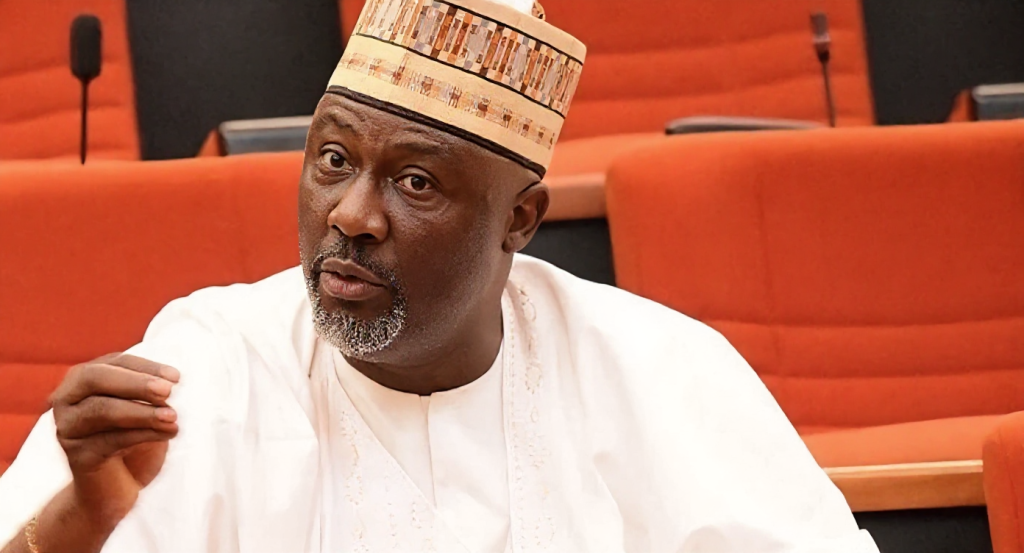
Former lawmaker, Dino Melaye Esq, has raised concerns over the Senate’s reported rejection of the electronic transmission of election results.
The move, according to Melaye, is a clear endorsement of election rigging and an indication of a sinister plan to rig the 2027 elections.
In a statement on Friday, the former lawmaker criticized the Senate’s decision, stating that it undermines the credibility of the electoral process.
The African Democratic Congress, ADC chieftain, also stated that the move opens the door for electoral manipulation and fraud.
He further warned that the rejection of electronic transmission of results is a step backwards for democracy in Nigeria.
Melaye called on lawmakers and citizens to stand up against “this blatant attempt to undermine the will of the people and ensure that future elections are free, fair, and transparent”.
Politics
Electoral Act: Nigerians have every reason to be mad at Senate – Ezekwesili
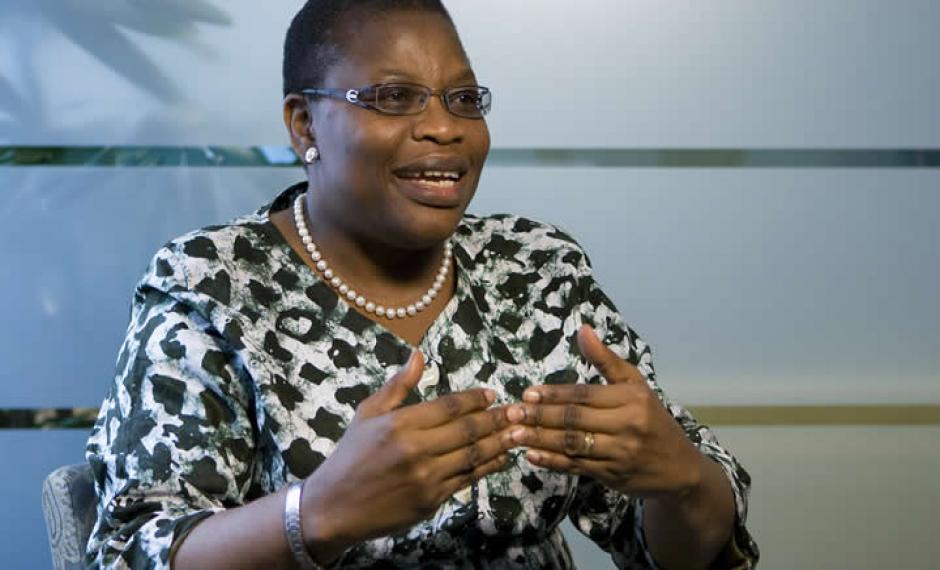
Former Minister of Education, Oby Ezekwesili, has said Nigerians have every reason to be mad at the Senate over the ongoing debate on e-transmission of election results.
Ezekwesili made this known on Friday when she featured in an interview on Arise Television’s ‘Morning Show’ monitored by DAILY POST.
DAILY POST reports that the Senate on Wednesday turned down a proposed change to Clause 60, Subsection 3, of the Electoral Amendment Bill that aimed to compel the electronic transmission of election results.
Reacting to the matter, Ezekwesili said, “The fundamental issue with the review of the Electoral Act is that the Senate retained the INEC 2022 Act, Section 60 Sub 5.
“This section became infamous for the loophole it provided INEC, causing Nigerians to lose trust. Since the law established that it wasn’t mandatory for INEC to transmit electoral results in real-time, there wasn’t much anyone could say.
“Citizens embraced the opportunity to reform the INEC Act, aiming to address ambiguity and discretionary opportunities for INEC. Yet, the Senate handled it with a “let sleeping dogs lie” approach. The citizens have every reason to be as outraged as they currently are.”
Politics
Electoral act: Senate’s action confirms Nigeria ‘fantastically corrupt’, ‘disgraced’ – Peter Obi
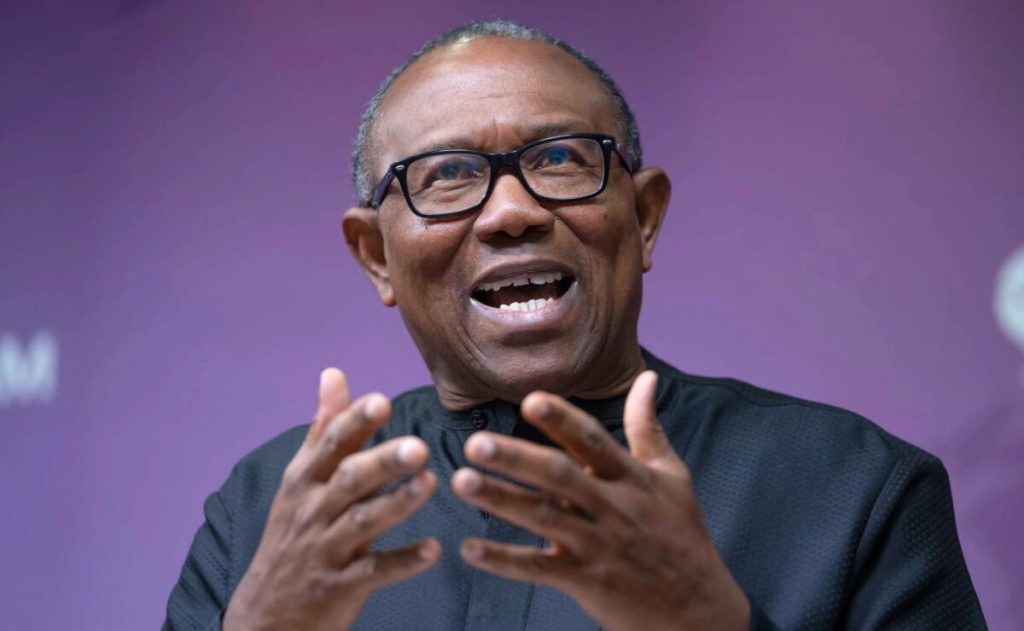
Former Labour Party presidential candidate, Peter Obi, has condemned the Senate’s refusal to make electronic transmission of election results mandatory, saying the move further exposes Nigeria as a fantastically corrupt and disgraced country.
Obi expressed his views in a statement shared on X on Friday, where he accused lawmakers of deliberately weakening Nigeria’s democratic process ahead of the 2027 general elections.
He explained that his reaction came after a brief pause to mourn victims of a deadly tragedy in Kwara State, where over 150 people reportedly lost their lives.
“Let us first pray for the souls of the innocent Nigerians lost in Kwara. That painful incident is why I delayed responding to the shameful development surrounding our electoral system,” he wrote.
Describing the Senate’s decision as intentional and dangerous, Obi said rejecting mandatory electronic transmission was not a simple oversight but a calculated attempt to block transparency.
“The Senate’s open rejection of electronic transmission of results is an unforgivable act of electoral manipulation ahead of 2027,” he said.
According to him, the action strikes at the heart of democracy and raises serious questions about the true purpose of governance in Nigeria.
“This failure to pass a clear safeguard is a direct attack on our democracy. By refusing these transparency measures, the foundation of credible elections is being destroyed. One must ask whether government exists to ensure justice and order or to deliberately create chaos for the benefit of a few.”
The former Anambra State governor linked the post-election controversies of the 2023 general elections to the failure to fully deploy electronic transmission of results, insisting that Nigerians were misled with claims of technical failures.
“
The confusion, disputes and manipulation that followed the 2023 elections were largely due to the refusal to fully implement electronic transmission,” he said.
He added that the so-called system glitch never truly existed.
Obi compared Nigeria’s electoral process with those of other African countries that have embraced technology to improve credibility, lamenting that Nigeria continues to fall behind.
“Many African nations now use electronic transmission to strengthen their democracy. Yet Nigeria, which calls itself the giant of Africa, is moving backwards and dragging the continent along.”
He criticised Nigeria’s leadership class, saying the country’s problems persist not because of a lack of ideas but because of deliberate resistance to meaningful reform.
“We keep organising conferences and writing policy papers about Nigeria’s challenges. But the truth is that the leaders and elite are the real problem. Our refusal to change is pushing the nation backwards into a primitive system of governance.”
Warning of the dangers ahead, Obi said rejecting electronic transmission creates room for confusion and disorder that only serves the interests of a small group.
He also recalled past remarks by foreign leaders who described Nigeria as corrupt, arguing that actions like this continue to justify those statements.
“When a former UK Prime Minister described Nigeria as ‘fantastically corrupt,’ we were offended. When former US President Donald Trump called us a ‘disgraced nation,’ we were angry. But our continued resistance to transparency keeps proving them right.”
Obi warned that Nigerians should not accept a repeat of the electoral irregularities witnessed in 2023.
“Let there be no mistake. The criminality seen in 2023 must not be tolerated in 2027.”
He urged citizens to be ready to defend democracy through lawful and decisive means, while also calling on the international community to closely monitor developments in Nigeria’s electoral process.
“The international community must pay attention to the groundwork being laid for future electoral manipulation, which threatens our democracy and development,” Obi stated.
He concluded by expressing hope that change is still possible if Nigerians take collective responsibility.
“A new Nigeria is possible but only if we all rise and fight for it.”
-
Business1 year ago
US court acquits Air Peace boss, slams Mayfield $4000 fine
-

 Trending1 year ago
Trending1 year agoNYA demands release of ‘abducted’ Imo chairman, preaches good governance
-

 Politics1 year ago
Politics1 year agoMexico’s new president causes concern just weeks before the US elections
-

 Politics1 year ago
Politics1 year agoPutin invites 20 world leaders
-

 Politics1 year ago
Politics1 year agoRussia bans imports of agro-products from Kazakhstan after refusal to join BRICS
-
Entertainment1 year ago
Bobrisky falls ill in police custody, rushed to hospital
-
Entertainment1 year ago
Bobrisky transferred from Immigration to FCID, spends night behind bars
-
Education1 year ago
GOVERNOR FUBARA APPOINTS COUNCIL MEMBERS FOR KEN SARO-WIWA POLYTECHNIC BORI







